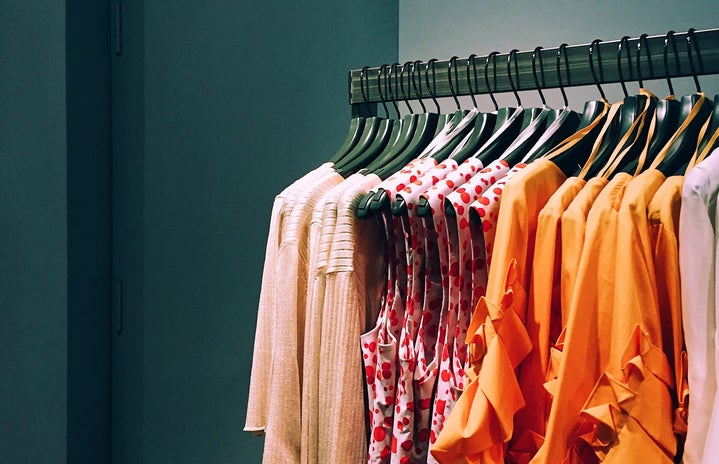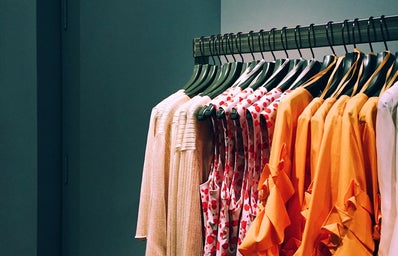Clothing brands took a severe blow in the past month alone as COVID-19 engulfed cities and suburbs where retailers thrived.
As the coronavirus revealed the deficiencies of U.S. business models (with face-to-face interactions), prices have dropped, and layoffs have skyrocketed. The pandemic welcomes the possibility of a sustainable change within the retail sector.
Fast fashion describes the process of using cheaply made fabrics to produce low-priced clothing at rapid rates. The cycle leads to consequences such as underpaid labor and environmental harm, according to Vox.
“Fashion is one of the most destructive industries in the world and tolerance for these failures is wearing thin,” said Clare Press, an author and public speaker on ethical fashion, to Business of Fashion.
By 2030, clothing consumption will increase by 63 percent, according to the Global Fashion Agenda and Boston Consulting Group. But, changing perspectives hint otherwise, said world-renowned trend forecaster Li Edelkoort.
“There is a growing awareness amongst younger generations that ownership and the hoarding of clothes and cars is no longer even attractive,” said Edelkoort to Dezeen.
Taylor Lockett, a second-year journalism student at the University of Florida, understands the consequences of the fast fashion cycle and makes efforts to reverse her footprint. She recently published “Reselling Old Clothes: A Sustainable Side-hustle,” a sustainability guide for college students.
“I think it’s super easy to end up buying things that you don’t need,” Lockett said. “I think that reselling it is a great way to give it a second life, without throwing it in the trash,”
In the current national and local climate, the coronavirus gives retailers an opportunity to incorporate such eco-friendly models. “Earth Logic” author Kate Fletcher said businesses must prioritize the planet.
“Once we realize that the current system is always going to be self-limiting as there are finite resources, putting Earth first is the only option,” said Fletcher to The Guardian.
The coronavirus pandemic reveals not only a broken system, but an overdependence on China, said Allen Wysocki, the associate dean of UF’s College of Agricultural and Life Sciences. He has visited China four times and recognizes the issue.
“I think America is going to understand as time goes on how much we rely on goods and services from China that we take for granted,” Wysocki said.
According to the International Labor Organization, the U.S. needs to reduce societal impact when lowering prices. This was in response to the Great Recession in 2007 to 2008, but the problem persists.
“From a supply chain perspective, it’s definitely creating a lot of interesting challenges,” Wysocki said. “I sit there, and I think in the U.S., ‘Why are we out of toilet paper?’ From a supply chain perspective, I just hope, whatever it is, food, hard goods, consumer goods, I hope, as a society, we learn from this.


